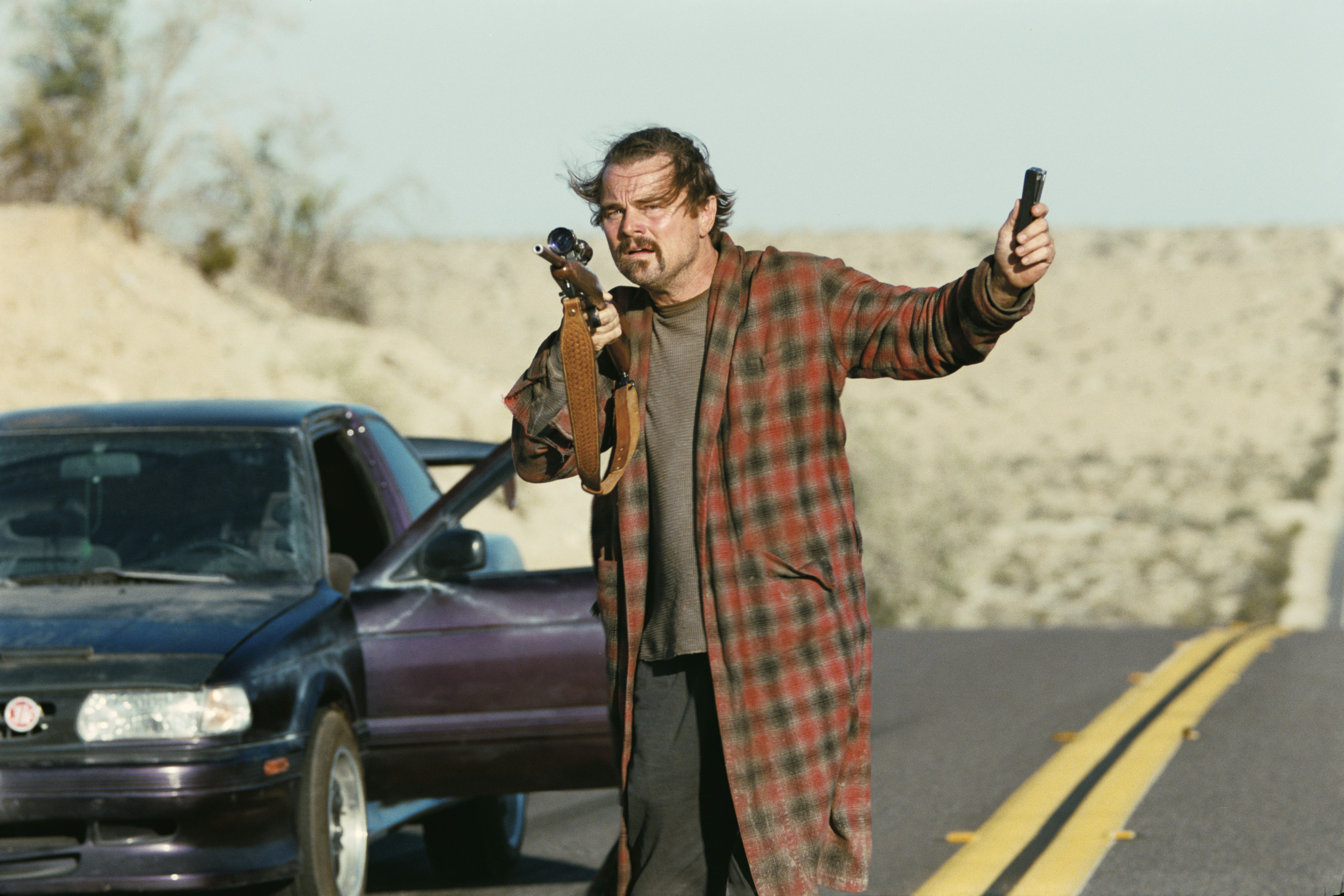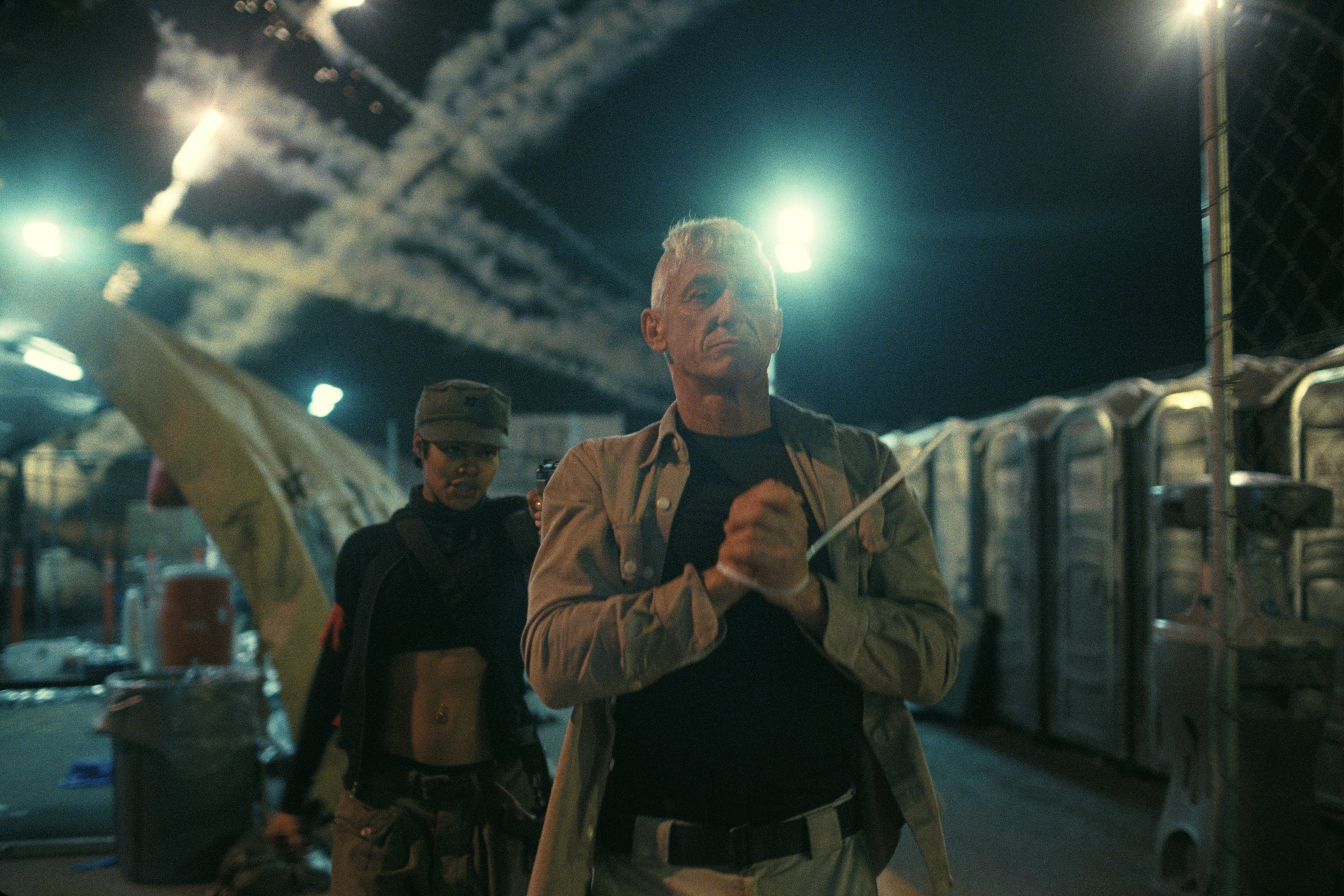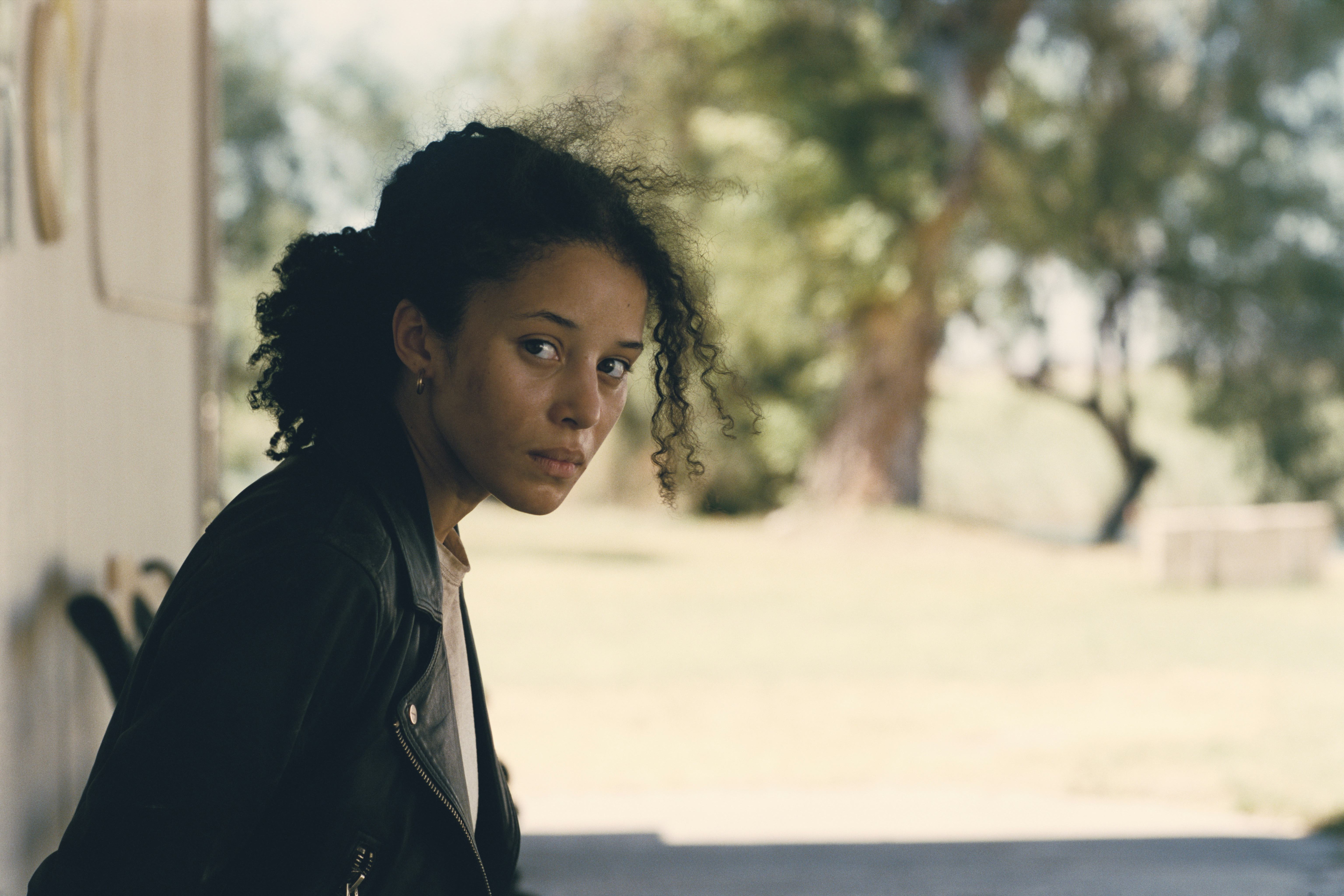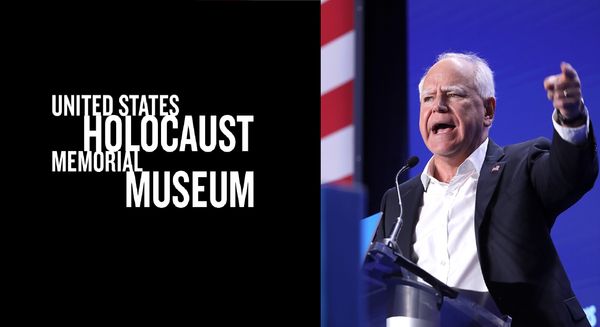
Paul Thomas Anderson’s One Battle After Another has only just hit theaters, but audiences have already made up their mind about the feature. It’s been lauded as a masterpiece (and rightly so) by countless critics, and dubbed the most successful political film Hollywood has produced in decades. Neither of those accolades feel like a reach: One Battle is a supreme flex from a director who rarely missteps. It’s timely — and even timeless — without feeling needlessly preachy; it lays the state of our nation bare without making the plight of marginalized Americans feel gratuitous. It also delivers one of the best versions of a trope that’s been gaining plenty of traction in recent years, that of the white supremacist cult that functions as an all-powerful secret society.
The latter is a fairly old concept — one, you could argue, is baked into the mythos of our nation itself — and one of the most glaring examples of art imitating life, but it hasn’t always been done with the most subtlety. As our own dystopia shifts closer into circumstances that border on fantastical, America’s prejudiced origins are impossible to ignore. It’s a facet of our day-to-day life at this point, and genre shows like The Boys and Peacemaker are determined to explore that through a heightened lens.
But where those shows largely use white supremacist themes as set dressing, One Battle bakes it into the very fabric of its premise. A buttoned-up hate group known as the “Christmas Adventurers Club” (yes, really) is the catalyst for One Battle’s blistering game of cat and mouse, but its members also occasionally serve as the source of the film’s comic relief. It’s a tonal tightrope that Anderson has made a career of walking, but in today’s climate, it dredges up a question that most are no doubt more comfortable ignoring: how much longer can we turn these hate groups into a punchline?
Spoilers ahead for One Battle After Another.

One of the best parts about Anderson’s work comes with the raw humanity of his characters. Everyone in One Battle is as fully realized as the characters in his past work; as capable of getting us to laugh as they are of securing our sympathies. But it’s the film’s villain, Col. Steven J. Lockjaw (Sean Penn), who straddles that line the best. He’s all too easy to laugh at, from his too-tight t-shirts to his puerile self-importance. There are also things about him that aren’t funny at all, like his obsession with Perfidia Beverly Hills (Teyana Taylor), a leader in the revolutionary group the French 75. He’s both repulsed by and attracted to her: the operations she leads could eventually dismantle the world order Lockjaw benefits from, but he also gets off on the thrill of the chase. Perfidia briefly indulges in that obsession — not because she doesn’t see Lockjaw as a threat, but because he’s the most capable of sabotaging the revolution she’s started with her comrades.
Perfidia’s sexuality is the only effective weapon she has against Lockjaw, more potent than the guns she uses to threaten his forces and liberate his prisoners; more arresting than the explosives her main squeeze Pat (Leonardo DiCaprio) uses as diversions. The question of who’s really in control haunts their push and pull — but once Perfidia gets pregnant, it becomes a question of who fathered her child. Lockjaw in particular is haunted by possible evidence of “racial mixing” when, 16 years later, he gets the opportunity to join the Christmas Adventurers Club. Naturally, this group condemns interracial encounters of any kind, and they don’t take kindly to a potential recruit sullying their reputation with a mixed-race child.

When the Christmas Adventurers discover that Lockjaw has a potential child in Willa (Chase Infiniti) — who Pat (now known as Bob) has naturally raised as his own daughter — One Battle takes on the shades of a much more menacing thriller. Willa becomes the target in a manhunt that spans vast swaths of the Southwest and brings several French 75 members out of hiding, with both Lockjaw and an Adventurer named Tim (John Hoogenakker) using their own frightening methods to make Willa disappear. It’s blood-curdling stuff, especially in an age where anyone, citizen or otherwise, can be spirited away without a trace. But too often does One Battle lean into farce to flesh out its villains; its audience seems all too eager to write them off as comic relief.
Until Tim resorts to surprisingly violent means to bury Lockjaw’s secret, he and his fellow Adventurers aren’t taken as seriously as they should be. Their conversations about Lockjaw feel unreal, even laughable — and on some level, it’s good to laugh at the things that scare us: it takes away their power. But that can also become a crutch, defanging the monsters under our bed and making us complacent in the process.
We’re past the point of turning white supremacists into broad caricatures or the means to a narrative end. That our own reality feels so close to One Battle’s should be terrifying. Our world is run by the same untouchable manchildren that Anderson is skewering, and that should radicalize us, not amuse us. This is far from the first film to deliver its cult twist from a more satirical angle — but for One Battle to truly succeed, audiences have to engage with that twist on every level, rather than holding it at arm’s length.







